The White Paper is the result of the PFAS Working Group, assembled and sponsored by Medical Alley.
This paper outlines the critical role of PFAS (per- and polyfluoroalkyl substances) in medical devices and the potential impact of broad bans on these chemicals. PFAS, particularly fluoropolymers, are essential for the functionality of various medical devices, including stents, catheters, surgical mesh, pacemakers, heart patches, CPAP machines, prosthetics, surgical instruments, and asthma inhalers. Despite some PFAS chemicals posing health risks, fluoropolymers have been found to be biologically benign and crucial for medical applications. Banning all PFAS from medical devices would jeopardize the care for millions of Americans who rely on these devices. Consequently, public health regulators in the US and Europe have reconsidered overall PFAS bans to allow exceptions for these essential chemicals.
This paper examines the use of PFAS in society and medical devices, highlighting the adverse effects of overly broad restrictions on healthcare quality and costs. It emphasizes the need for legislators and regulators to consider the significant impact of sweeping PFAS bans on life-saving medical technology.
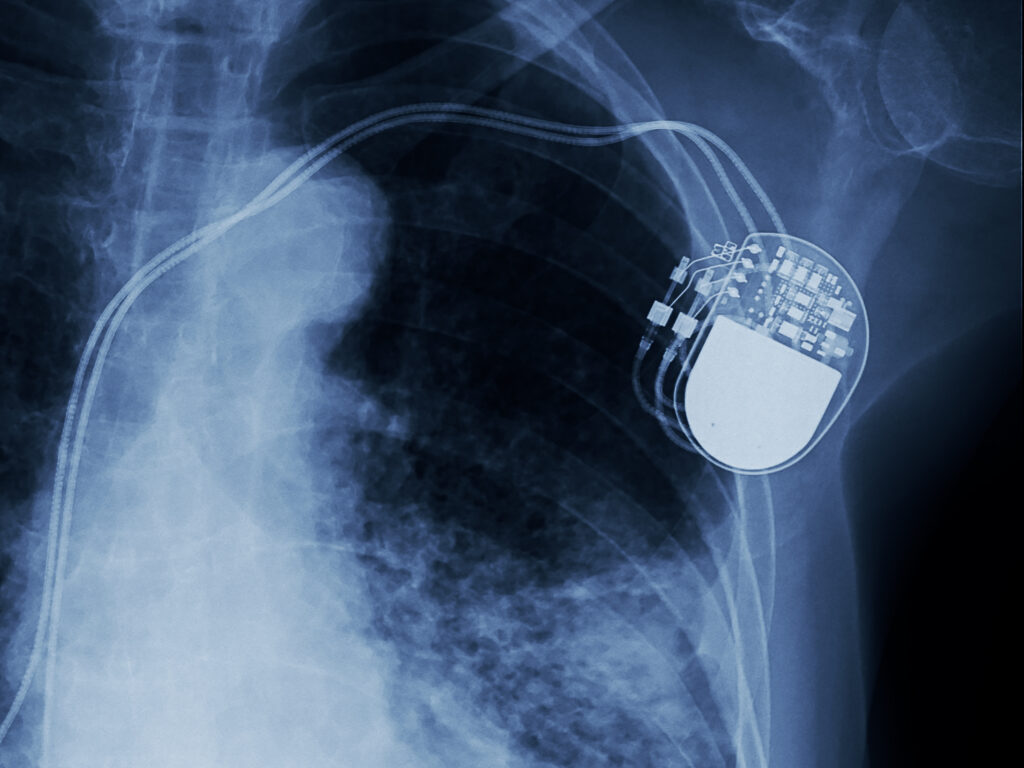

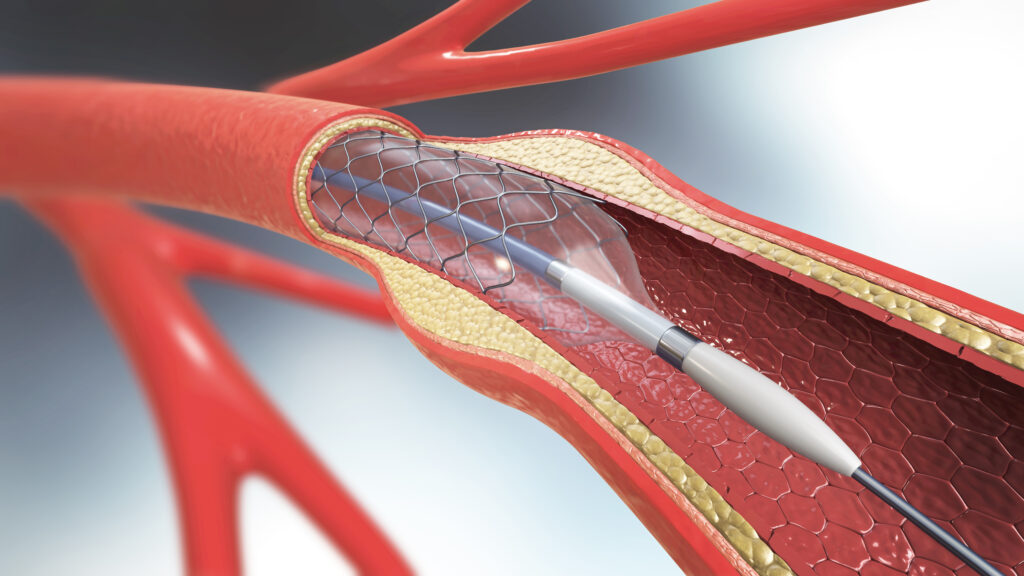
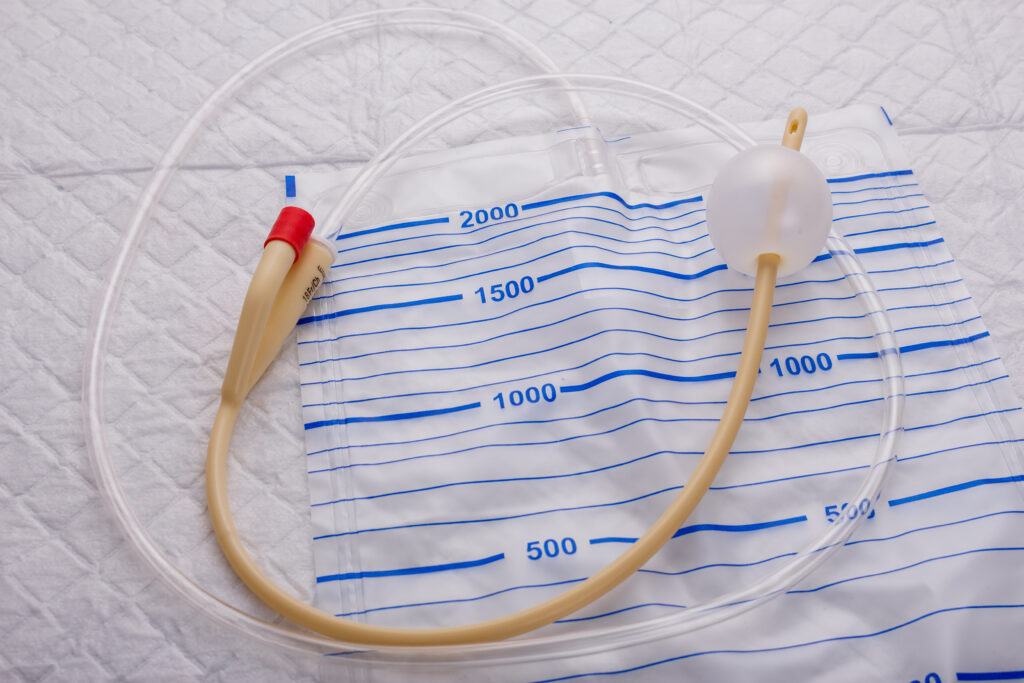
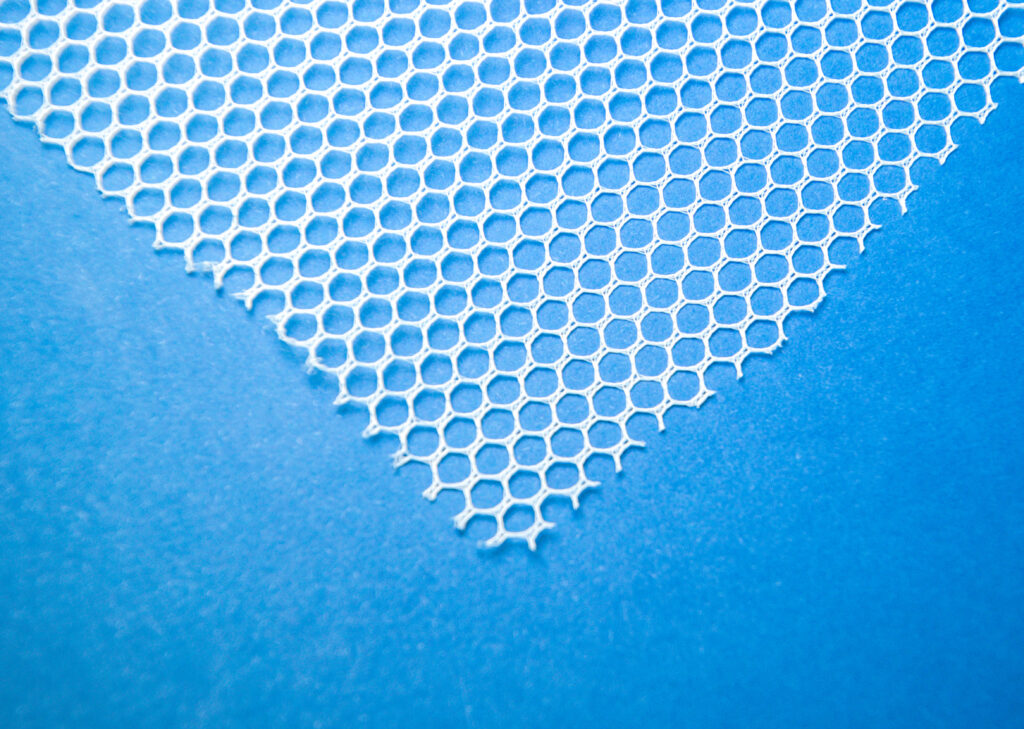
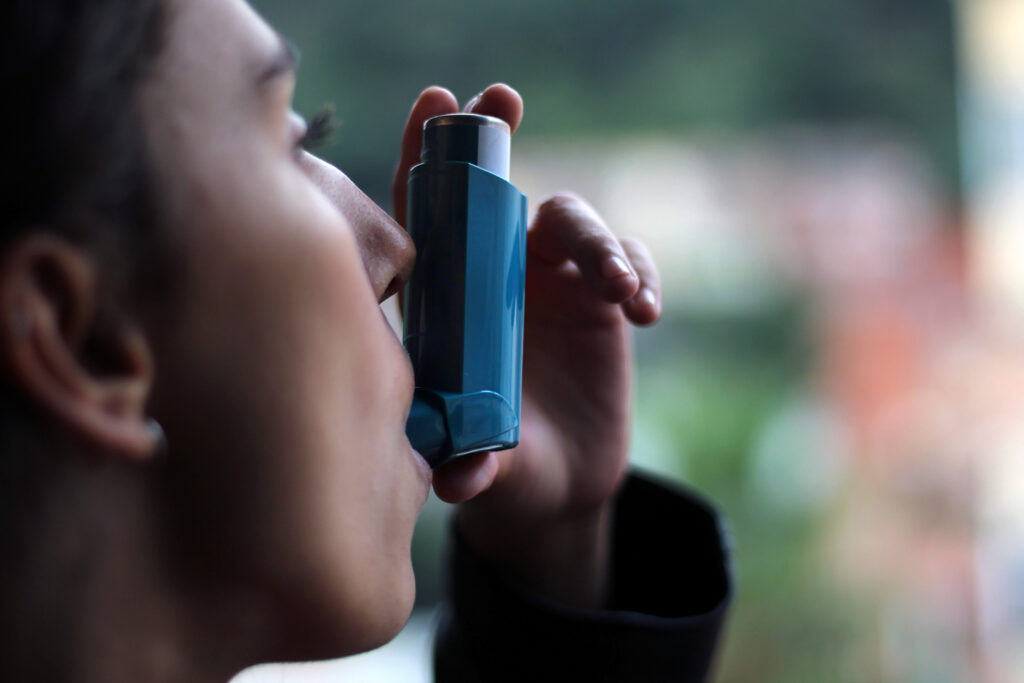
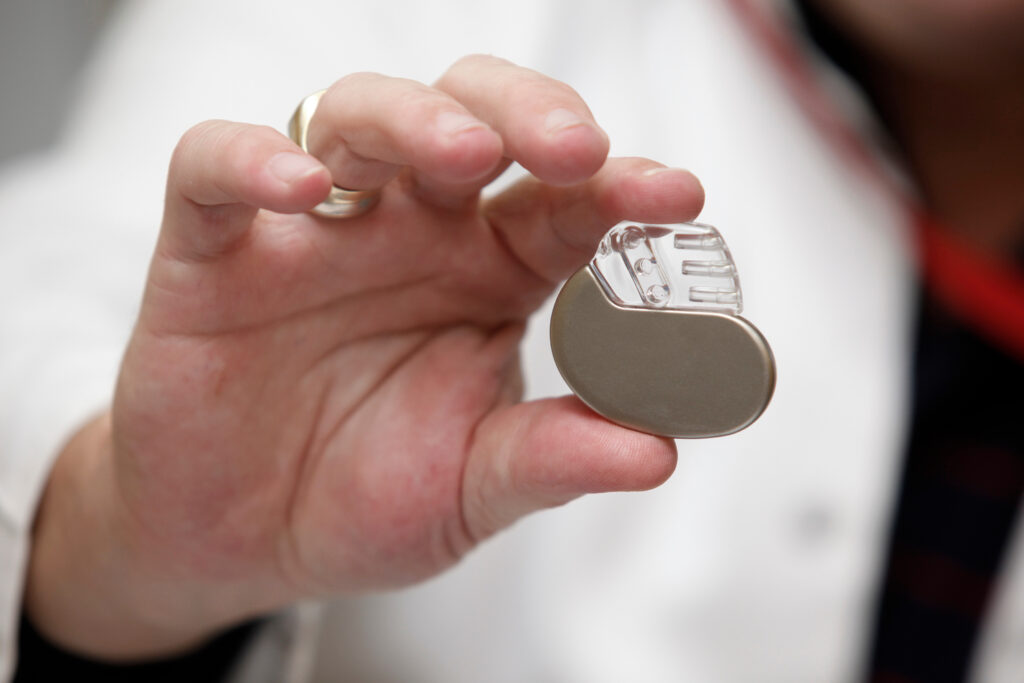
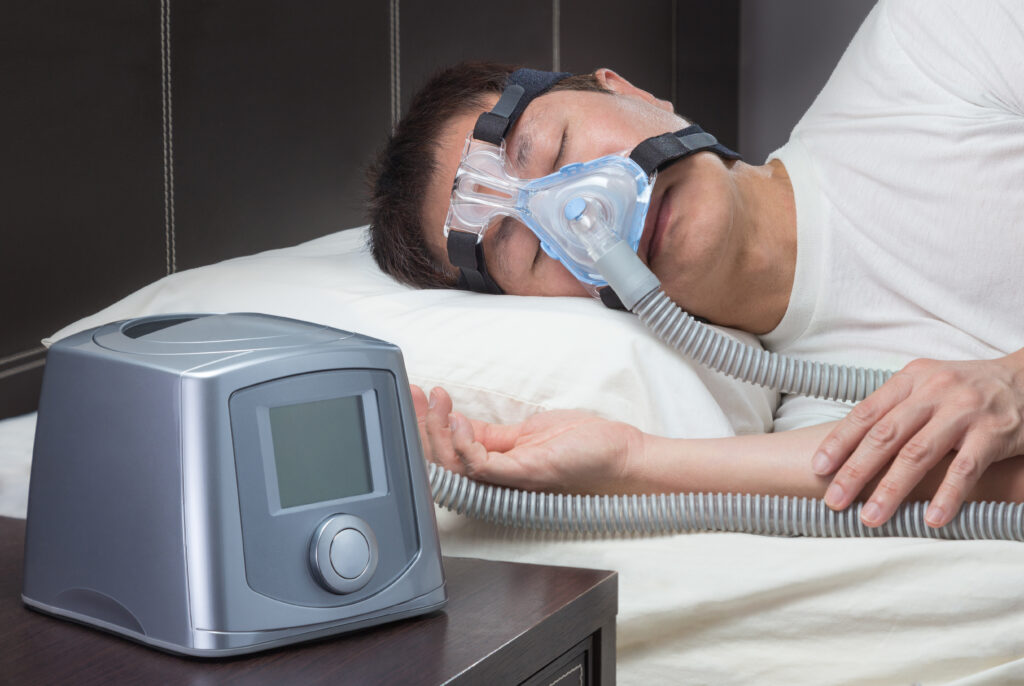

Key Takeaways
1. Broad bans on PFAS would threaten the safe operation of crucial medical devices while jeopardizing care for millions of Americans.
2. There are 15,000 distinct types of PFAS. Some are more benign than others and they should be regulated differently.
3. Public health regulators have reconsidered overall PFAS bans to allow exceptions for essential chemicals in medical devices.
4. A rush to embrace chemical alternatives to PFAS without thorough testing may result in new problems and regrettable substitutions.
5. Patient safety is the overarching concern of medical device manufacturers.
